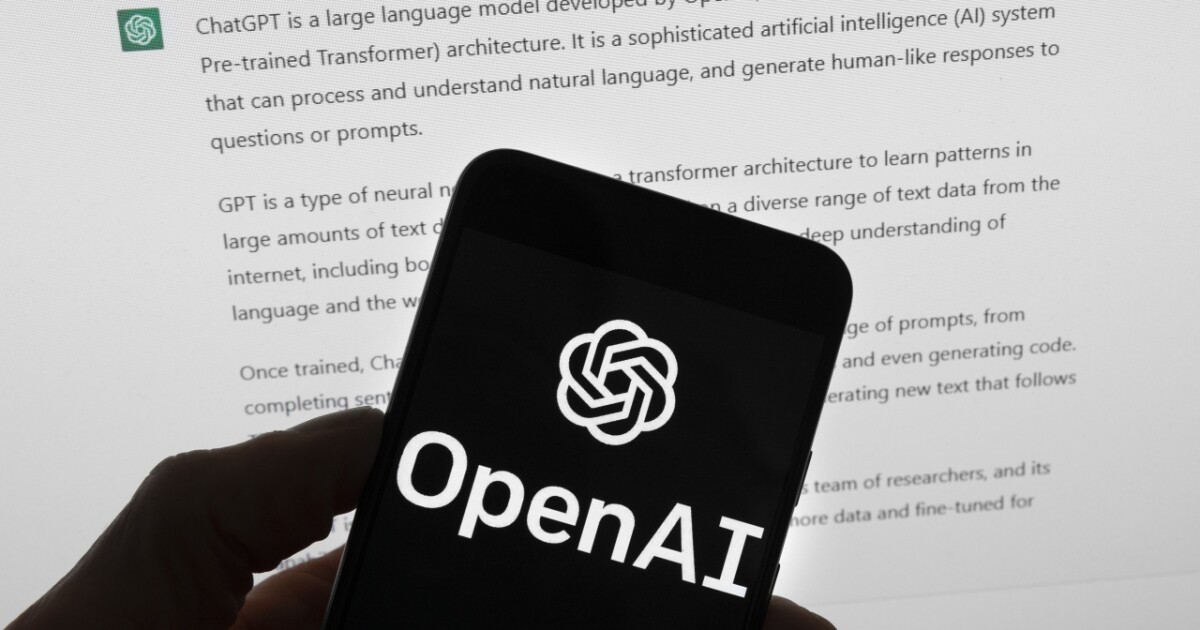A bill introduced in the Ohio House, with bipartisan support, aims to address election misinformation by mandating disclaimers on artificial intelligence-generated content, potentially penalizing creators for violations. The initiative follows an incident before the New Hampshire primary involving a deepfake robocall impersonating President Joe Biden.
State Rep. Joe Miller emphasized the importance of safeguarding democratic integrity and authenticity in election-related information. House Bill 410, proposed by Miller, seeks to regulate deepfake media influencing elections by requiring watermarked disclaimers on images and videos, along with spoken statements on audio clips to indicate AI manipulation.
The bill also aims to combat voter disengagement caused by negative attack ads, which can deter voter turnout. While bipartisan, the enforceability of the bill, as noted by technology law professor Eric Chaffee, raises concerns about potential infringements on free speech under the First Amendment.
In addition to civil recourse, the bill proposes criminal penalties for creating deceptive AI content, although its broad language and definition of deepfakes may pose challenges in legal interpretation and implementation.
Despite the need for refinement, Miller views the bill as a starting point to raise awareness and promote skepticism among social media users. Governor Mike DeWine’s administration supports the bill’s intent to protect Ohioans while embracing technological advancements.
Meanwhile, Lt. Gov. Jon Husted highlighted the dual nature of AI technology, emphasizing the importance of educating individuals on its safe and responsible use. State senators are also taking steps to address malicious AI applications, with proposed legislation targeting the creation of explicit AI-generated content involving minors and non-consenting adults.
The bills, including H.B. 410 and S.B. 217, are expected to undergo further review in the legislative process, reflecting ongoing efforts to address the challenges posed by AI manipulation in various contexts.










